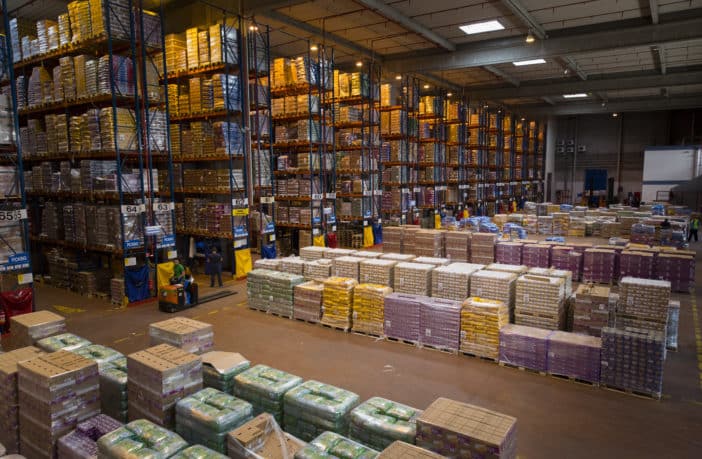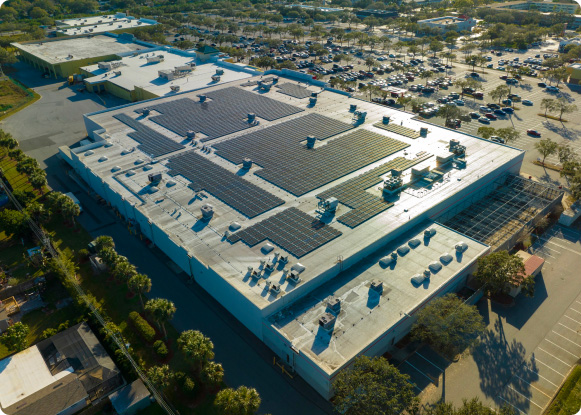Pooling empowers better service, savings and optimizes stock levels for a sustainable supply chain.
Pooling is a collaborative solution that adds value by grouping together logistic and transportation processes. Deliveries are pooled from multiple manufacturers with compatible products destined for matching distribution networks.
A pioneer in pooling since the early 2000s, FM Logistic currently uses its expertise to coordinate several pools, including the largest in Europe, an agro-food pool called Sphinx with 1 million pallets per year for 7 manufacturers with 6 brands and 10 logistics and transportation providers.
Setting up a shared supply chain
How does it work? Pooling is a partnership and each partner plays an important role. On one side, the company selects its delivery points and customers, plus monitors performance. On the other hand, the distributor or end-client submits orders for validation and reports on the rate of service.
“The key to successful pooling starts with choosing partners that produce similar products for the same customers, with common starting and delivery points. Good relationships should also be built with the distributor or end-client, who can drive efficiency,” explains Yannick Buisson, FM Logistic’s Managing Director for France and Western Europe.
“Meanwhile, you need the right logistics partner – an expert – for the overall coordination, including setting up processes and technology to manage workflow and track progress. FM Logistic also offers order procurement management.”
The partners agree on a clear plan of action. First, they test it with a few customers. Then, they gradually add more to best manage objectives and adapt expectations. “Once the pool is established, it doesn’t stop there. We always strive to upgrade service,” he adds.
When is pooling the right solution?
“Pooling benefits companies of all sizes. For small to medium-sized manufacturers, a shared supply chain means you can control transportation costs and improve service. For the large to very large ones, value is added with more frequent deliveries,” explains Yannick Buisson.
A Dynamic Future
Trends and technology are making way for new pooling opportunities. “There is a need to improve flows for large distribution retail customers and to enhance delivery for e-commerce clients in city centers. Pooling has a positive impact in these situations. The influence of big data is also making pooling more dynamic,” Yannick Buisson says.
The intensity of logistics flows in urban areas, increased by the rise of e-commerce, is causing bad side effects for populations. Logistics vehicles represent 20 % of urban traffic. They are also responsible for 30 % of pollution in cities. In the end, it impacts city congestion and contributes to noise pollution.
FM Logistic created Citylogin, an urban logistics solution on last-mile delivery. The idea is to pool flows from urban hubs and combine “green” light-duty vehicles with local distribution centers. It helps to clear out cities by limiting flows. It also maximes the use of resources (infrastructure, packaging management services…).
Pooling has proven to be a smart strategy to deliver a great supply chain
“It is a reliable solution, but also a flexible one. You can switch to a different pool as products change or evolve yet have the convenience of conserving the mode of operation for quality performance. Satisfaction is high. All of our customers who have implemented pooling have never turned back,” confirms Yannick Buisson.





